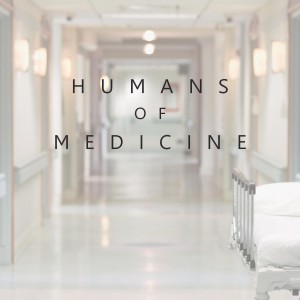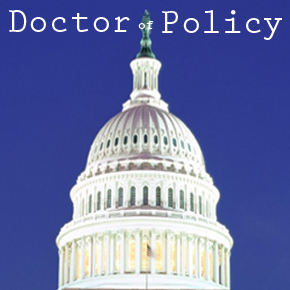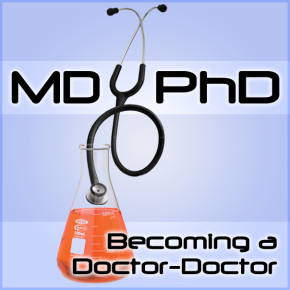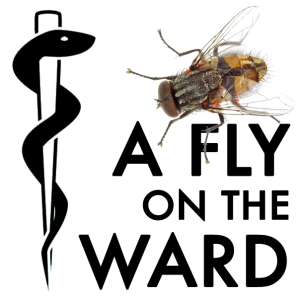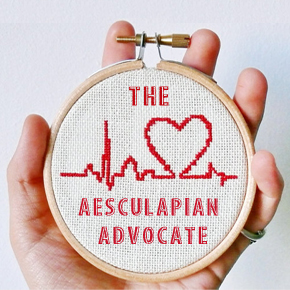Coke’s Message to Obese Patients: It’s Your Fault!
A few weeks ago, Coca-Cola disclosed that they have donated almost $120 million in grants to medical, health, and community organizations since 2010. As medical students, we can all understand how scientists who receive grant funding from a corporation such as Coke are at increased risk for inserting biases, conscious or otherwise, into their scientific research.


